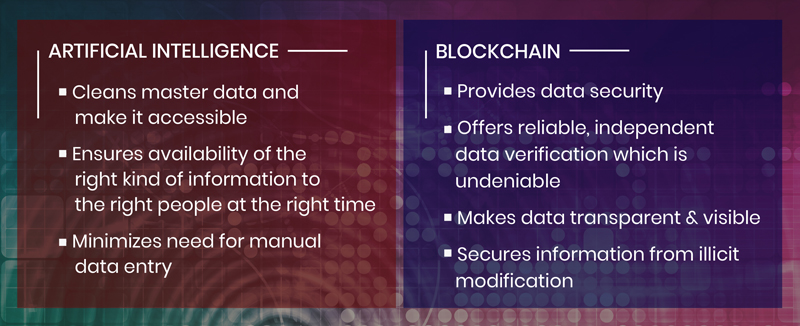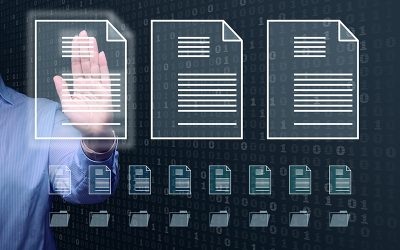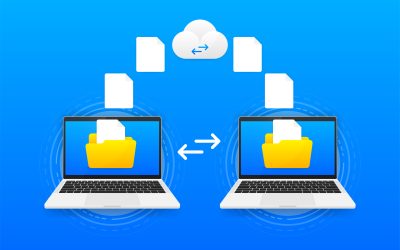With the increasing relevance of digitization and automation, the value of master data will keep growing. Most organizations rely on document scanning services to digitize their data. Recent reports point out that as businesses expand the scale of their operations, leveraging artificial intelligence (AI) and block chain can ramp up their data management.
Master data refers to a company’s critical assets – all the static information that is used to identify the critical elements of a business. This core data may include names of individual customers, vendors, employees, part names, capital assets, products, analytics, and more that are essential to operations in a specific business or business unit. Master data must be identified and recorded to maintain a record for all critical business processes.
Master data management is deeply connected with almost every critical aspect of a business, as it mainly enhances operational as well as analytical business decision-making. Reliable data is important for businesses to ensure that communications are received, interpreted, and acted on quickly. Artificial intelligence (AI) and blockchain, the most talked about technologies in recent times, have a key role to play in master data management.
Importance of Managing Master Data
Optimal master data management
- helps teams to make quick decisions based on objectively accurate information
- optimizes and speeds up organizational processes
- ensures compliance with regulations
- improves the consistency and quality of key data assets
As customer information forms a major part of master data for processes such as Customer Relationship Management (CRM), managing such data needs better attention. Managing such key master data without losing efficiency or compromising on compliance requires automation and security. If a business unit happens to be compromised due to an emergency, having master data can help prepare for damage control much quicker. Master data needs to be securely managed so that the automated distribution of information is reliable. AI and blockchain make this possible.
How AI and Blockchain Boost Master Data Management
While AI handles tasks that it is programmed to, blockchain can distribute and decentralize an absolute database. AI is used to clean and pool data for the company. At the same time, blockchain encrypts the data, securing the information with its smart contract feature and ensuring compliance with privacy regulations. AI systems allow master data to be collected from normal text using natural language processing (NLP).
With artificial intelligence systems, businesses can –
- Work smarter by ensuring that the right kind of information is always delivered to the right people at the right time
- Ensure that their data is clean, accurate and complete
- Collect additional information pertaining to master data from normal text using natural language processing (NLP)
- Minimize the need for manual data entry and reduce the possibility of errors in data
- Reduce the need for manually performing data governance activities
Blockchain helps companies in the following ways:
- Secures sensitive information like accounting and banking-related information that makes up master data
- Secures information from illicit modification and accidental loss of data due to physical damage to centralized servers
- Makes data transparent and visible to all participants, ensuring smoother audits and checks
- Helps manage the data to be in compliance with privacy regulations in an easily demonstrable manner
Blockchain security can be further enhanced by AI deployment. Together, these tools allow businesses to handle large volumes of master data efficiently and ethically.
With AI-enabled blockchain-based systems, more sensitive data can be kept secure with authorized access only, while operations carry on. Intersection of artificial intelligence (AI) and blockchain technologies can automatically assign access to different types of data based on necessity.
Blockchain technology can also transform the healthcare system. In the healthcare sector, AI can be used to give doctors and nurses blockchain-based access to medical intelligence and insight. With blockchain, healthcare professionals can ensure that input of patients’ medical data is reliable. Then, they can use AI to personalize prescription and treatment plans based on the data. The role of AI and blockchain in different organizations may differ based on their classification of master data.
Back office outsourcing services can help businesses manage specific tasks better. Focus on establishing and following standardized master data management practices is crucial to align their processes with the current requirements.





